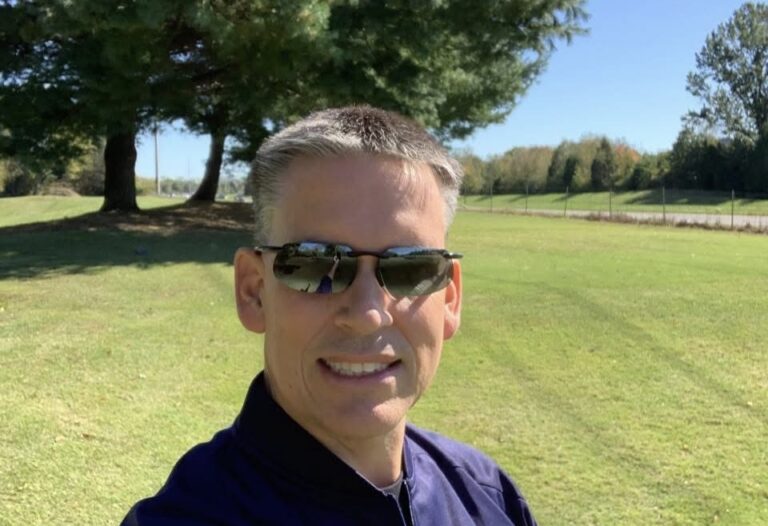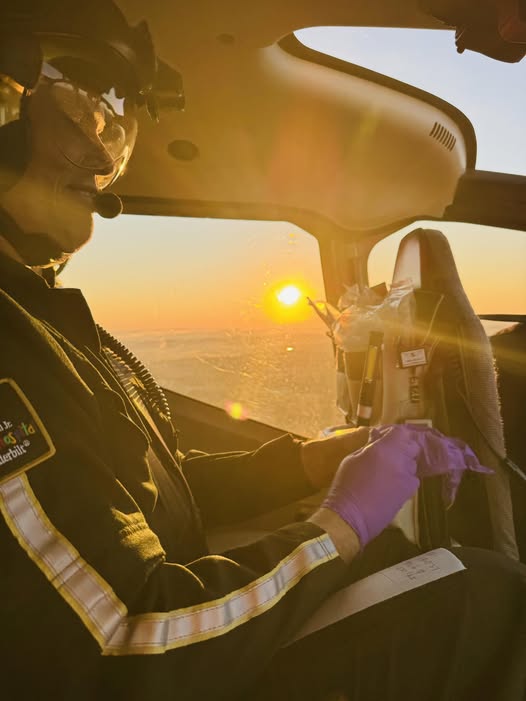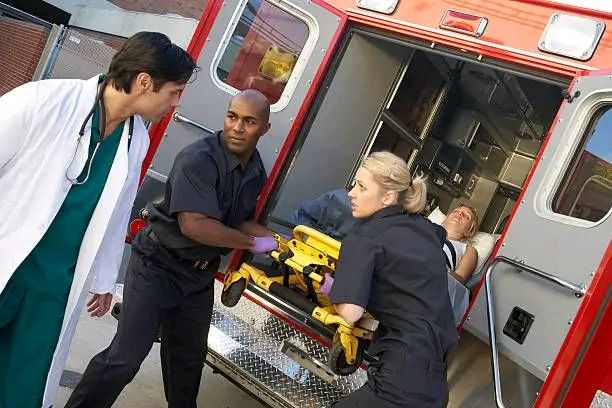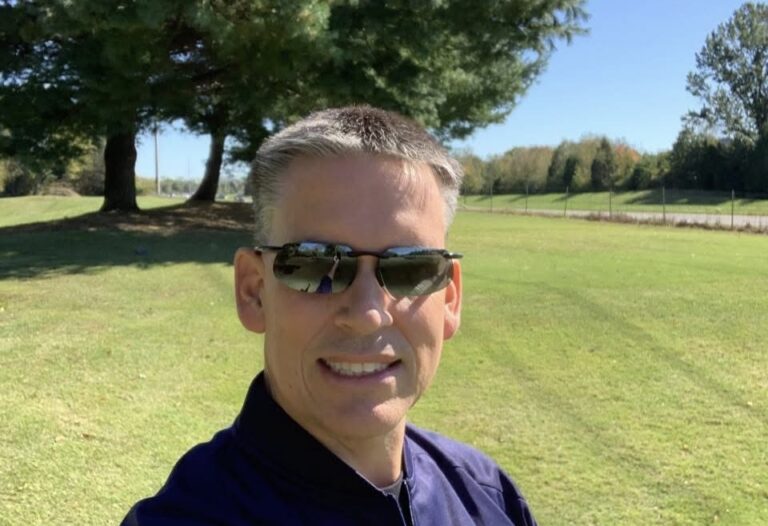It was meant to be another silent, swift mission of hope for the crew at Vanderbilt LifeFlight — until, around 1:45 p.m. last Saturday, the chopper they climbed into became the site of tragedy. The aircraft, an Airbus EC130T2, departed from the Gallatin area and crashed in a field near the 7100 block of Cairo Bend Road in Wilson County, Tenn., about eight minutes into its flight.
On board were three crew members: flight nurse/paramedic Allan Williams, critical care flight paramedic Andrew “Andy” Sikes, and a pilot whose identity is being withheld at the request of the family. Williams did not survive the crash; Sikes and the pilot remain in critical condition at the hands of medical staff at Vanderbilt University Medical Center.


Allan Williams was more than a member of the crew — he was a trusted guide and instructor. According to the program, he celebrated 15 years at Vanderbilt just this past September, and had previously served as adjunct faculty at Columbia State Community College. For the 41 years of Vanderbilt LifeFlight’s existence, during which it has completed more than 80,000 flights and 40,000 ground transports, his presence stood for the compassion and the calm amid the chaos that the job demands.
Friends remember Williams as someone who transformed “helping others” from a job into an instinct. Jamie Overton, a former co‑worker and lifelong flight‑team friend, said Allan “made me feel very welcome… it’s a brotherhood … I was devastated immediately” upon learning of the crash. His death punctuates the risks taken by those who rush toward emergencies while the rest of us hope for rescue.
While the exact cause of the crash remains under investigation by both the National Transportation Safety Board (NTSB) and the Federal Aviation Administration (FAA), what’s clear is this: no patient was aboard the helicopter when it went down. The crew were on a repositioning flight, which underscores that even what might appear to be mundane legs of a mission carry deep stakes.
In the hours since, Vanderbilt LifeFlight issued a statement of condolences: “Our hearts and deepest sympathies are with our Vanderbilt LifeFlight colleagues, their families, and loved ones during this difficult time.” The organization’s leadership asked the public and their extended community to support the families of Williams, Sikes and the pilot in the days ahead.
Allan Williams is gone far too soon, but his legacy is written in the countless lives he touched — in the frightened patients he steadied mid‑flight, in the colleagues he mentored, and in the teammates who followed in his stead. As the investigation continues, the community mourns a professional who embodied bravery, kindness and service in every take‑off and landing. May he rest peacefully, and may his memory carry on the mission he loved.

